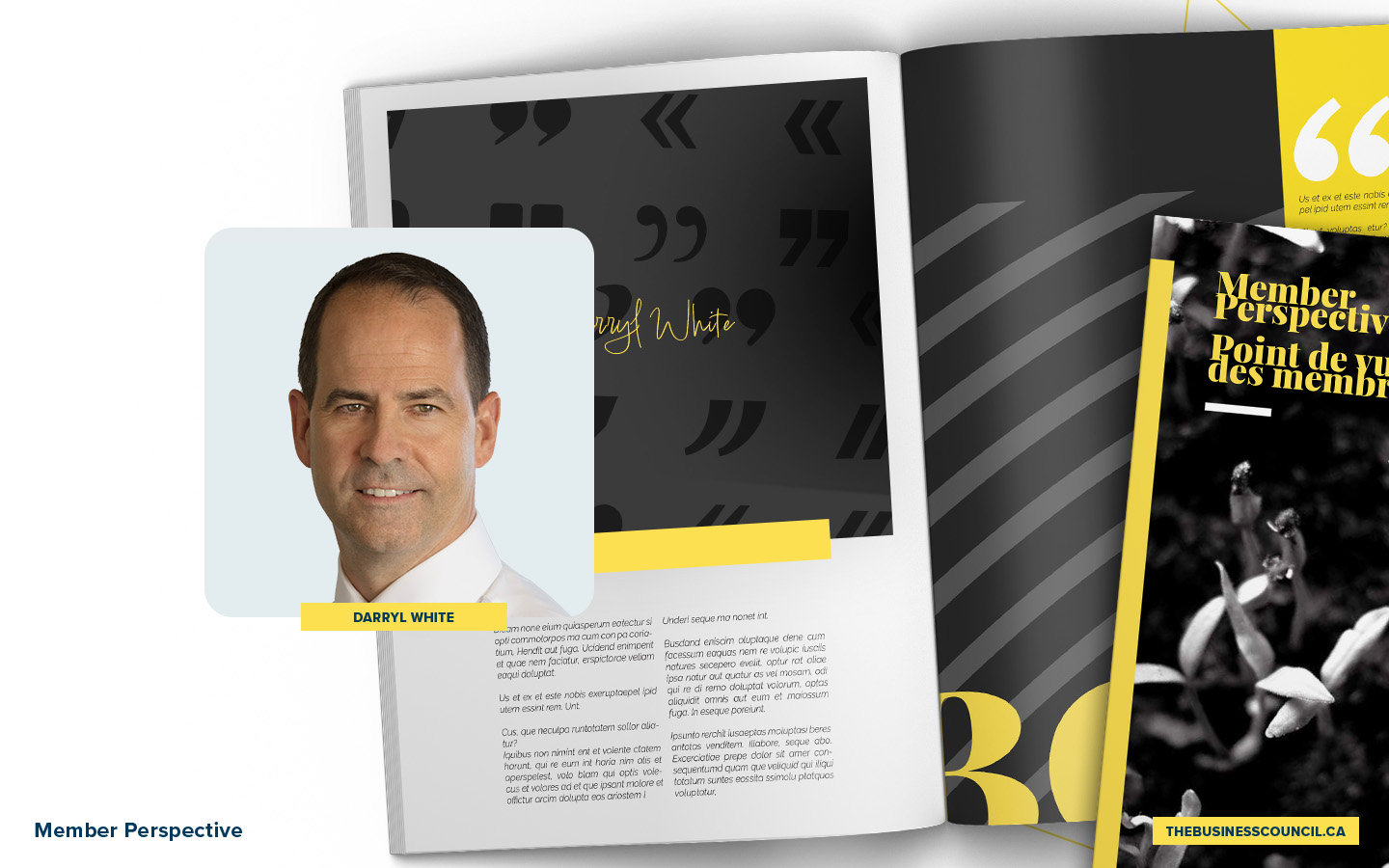Charitable giving is feeling the pinch. Now is the time to dig deep and share
As published in the Toronto Star
In times of economic uncertainty, it’s natural to feel the need to tighten our belts in anticipation. The majority of Canadians are growing increasingly concerned about a downturn in the year ahead, with record high inflation threatening financial momentum.
One of the first places to feel the pinch is charitable giving, and the result can be devastating for those in our community who rely on agency services. It can mean the difference between putting meals on the table or having heat for the winter.
That’s why we must give — and give generously — if we’re able. If we don’t, we risk deepening the economic divide and slowing down the progress we’re making toward a thriving and more inclusive economy.
In the darkest moments of the pandemic, jobs were lost and many struggled to pay rent. People reached out for mental health support in record numbers.
In 2022, two million of our neighbours, friends and family knocked on the doors of United Way’s network of over 300 agencies across Peel, Toronto and York Region. And we saw our community respond to bring emergency help to those who needed it most.
While some elements of the pandemic have passed for many, the crisis is far from over on the front lines of our often invisible (but always critical) social safety net.
In the face of record inflation growth, rising costs of program and service delivery, pandemic burnout and severe staffing shortages, a full three-quarters of non-profits are experiencing an increased demand for services.
These include agencies that are providing dinner for kids who would otherwise go home to an empty fridge; a safe bed and housing for the record number of women and children fleeing violence; language and employment support for newcomers and refugees; meals and care for frail seniors; and a calm voice at the other end of a distress line, there to talk someone through a crisis.
While we work to address these urgent human needs, we must also be making sure we have in place the long-term planning necessary to get at the root causes of poverty.
We are looking to models like the Inclusive Local Economic Opportunity (ILEO) program, co-convened by United Way Greater Toronto and BMO Financial Group. The program brings together community leaders with corporate, labour and government partners in order to create new jobs and affordable housing, and help ensure we have strong and inclusive neighbourhoods.
This model is already helping to transform the Greater Golden Mile neighbourhood of Scarborough. Over the next 10 years, the area will see the creation of 30,000 jobs, and 77 new towers provide homes for 50,000 people across three transit systems.
While initiatives like these take root, the front lines of our United Way network of agencies will continue stretching to support the surging number of people in need, many of whom are reaching out for help for the first time.
We hope in times like these — especially in times like these — that all of us in the GTA will dig deep and give what we can, standing with our community in a united way.
Please join us.











